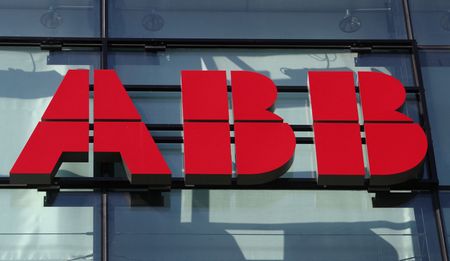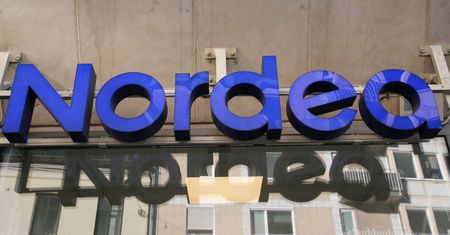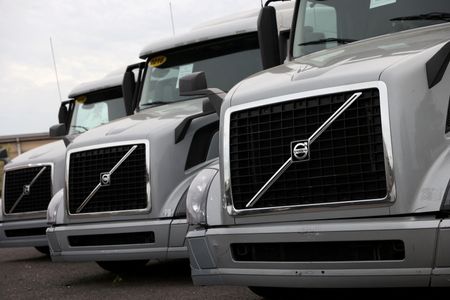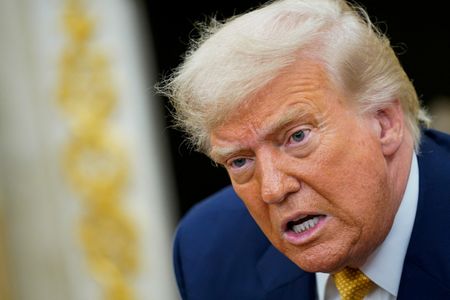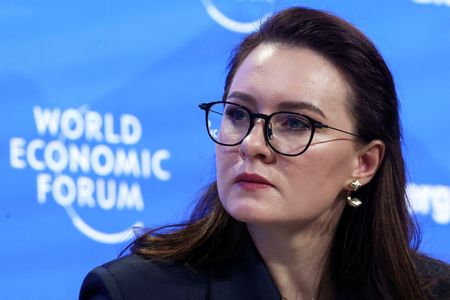By John Revill
ZURICH (Reuters) -Swiss engineering group ABB reported on Thursday its highest-ever quarterly order intake, helped by surging demand from the United States and for products used in data centres being built to support artificial intelligence.
Orders in the United States, the company’s biggest market, jumped 37% in the second quarter, outpacing a 14% rise in the group’s orders overall, ABB said.
Chief Executive Morten Wierod said the increase was driven by one big order and customers investing in automation and electrification, and was not due to pre-ordering to avoid the fallout of higher tariffs imposed by the United States.
“Demand for electricity is going up quickly,” Wierod told reporters. “That is being used by data centres, but also a lot of other industries are increasing their electricity consumption.”
ABB makes around 80% of its products sold in the United States locally, which protects it against tariffs, Wierod said.
“There is no point pre-buying because we will not be hit by tariffs,” he added.
For the three months to the end of June, ABB reported a 9% rise in core operating income to $1.71 billion, beating analyst forecasts of $1.65 billion.
Net income of $1.15 billion was better than the $1.12 billion expected by analysts in a company-supplied consensus. Revenue rose 8% to $8.90 billion, ahead of forecasts for $8.72 billion.
The company’s stock was up 7% in mid-morning trading in Zurich.
Only ABB’s robotics business was affected by the current trade uncertainty as automotive customers held off on investments while they waited to find out the final level of import duties.
But the company’s data centre business continued to do well, posting an increase in orders in the range of 10-20% during the quarter, with strong demand expected to continue.
U.S. companies announced a series of big-ticket AI and energy investment pledges earlier this week, part of a push by President Donald Trump to maintain the country’s edge in the booming technology sector.
Around half of ABB’s data centre business is in the United States, with around 30-35% in Asia, Africa and the Middle East, and the rest in Europe.
(Reporting by John Revill. Editing by Susan Fenton and Mark Potter)

